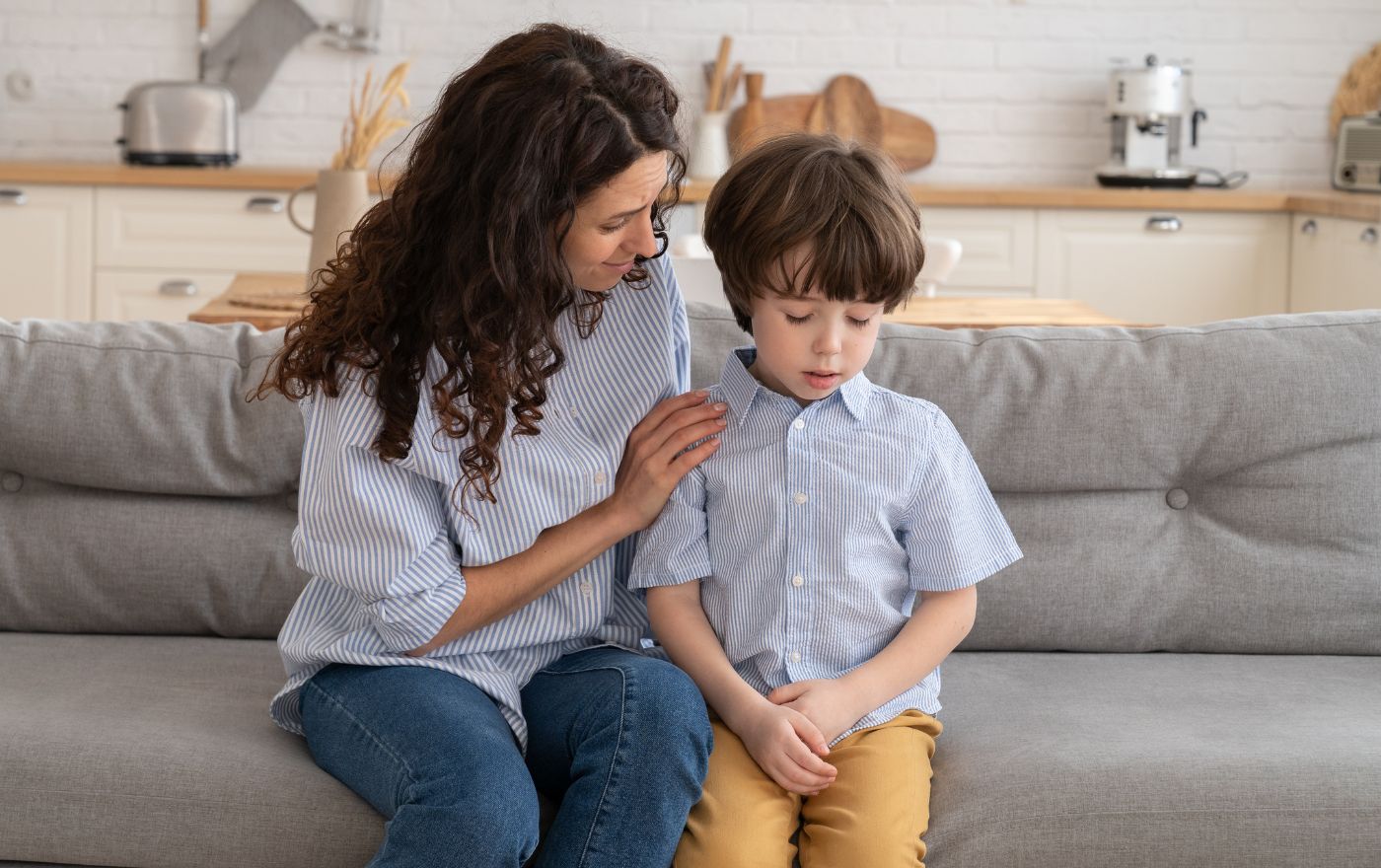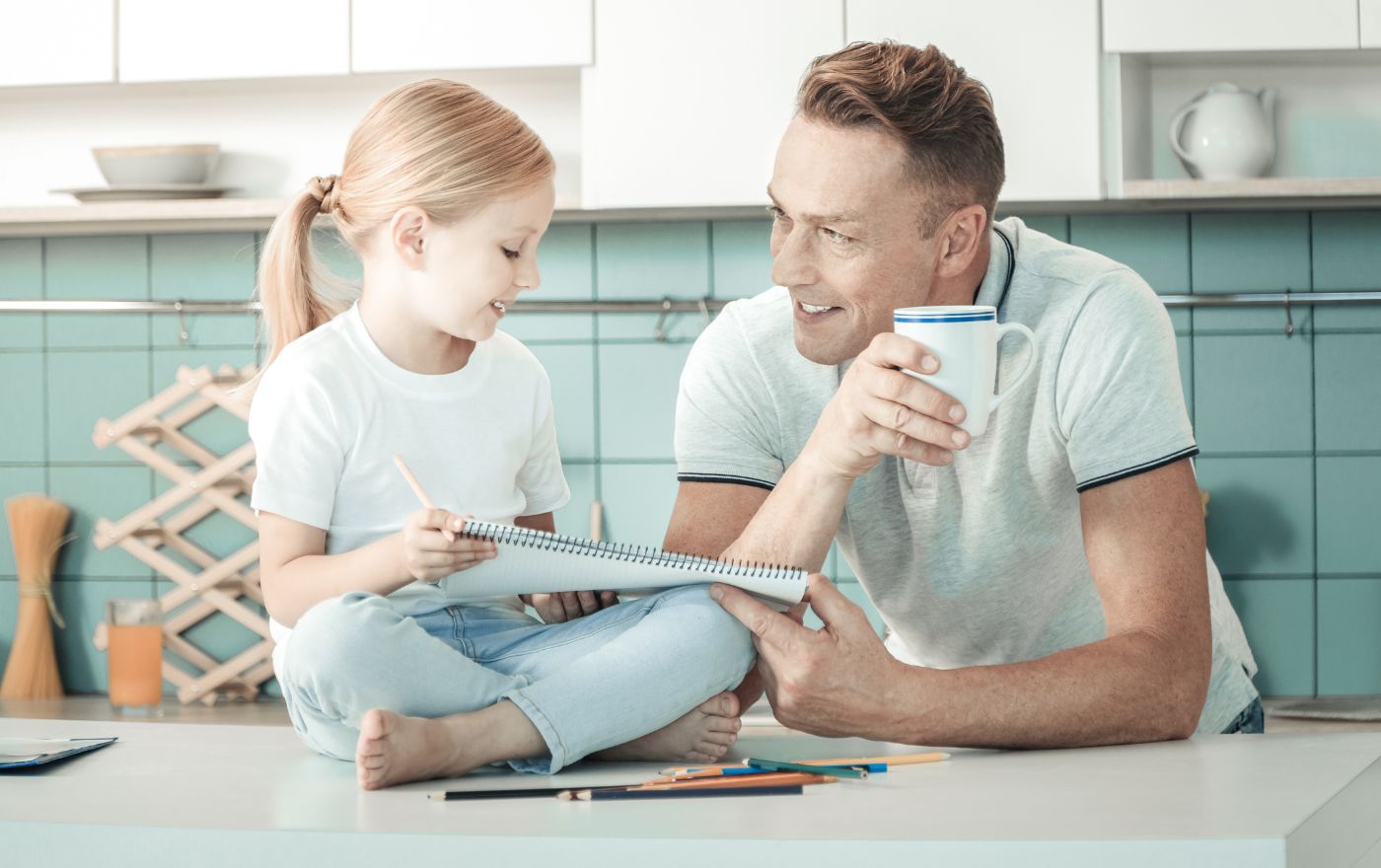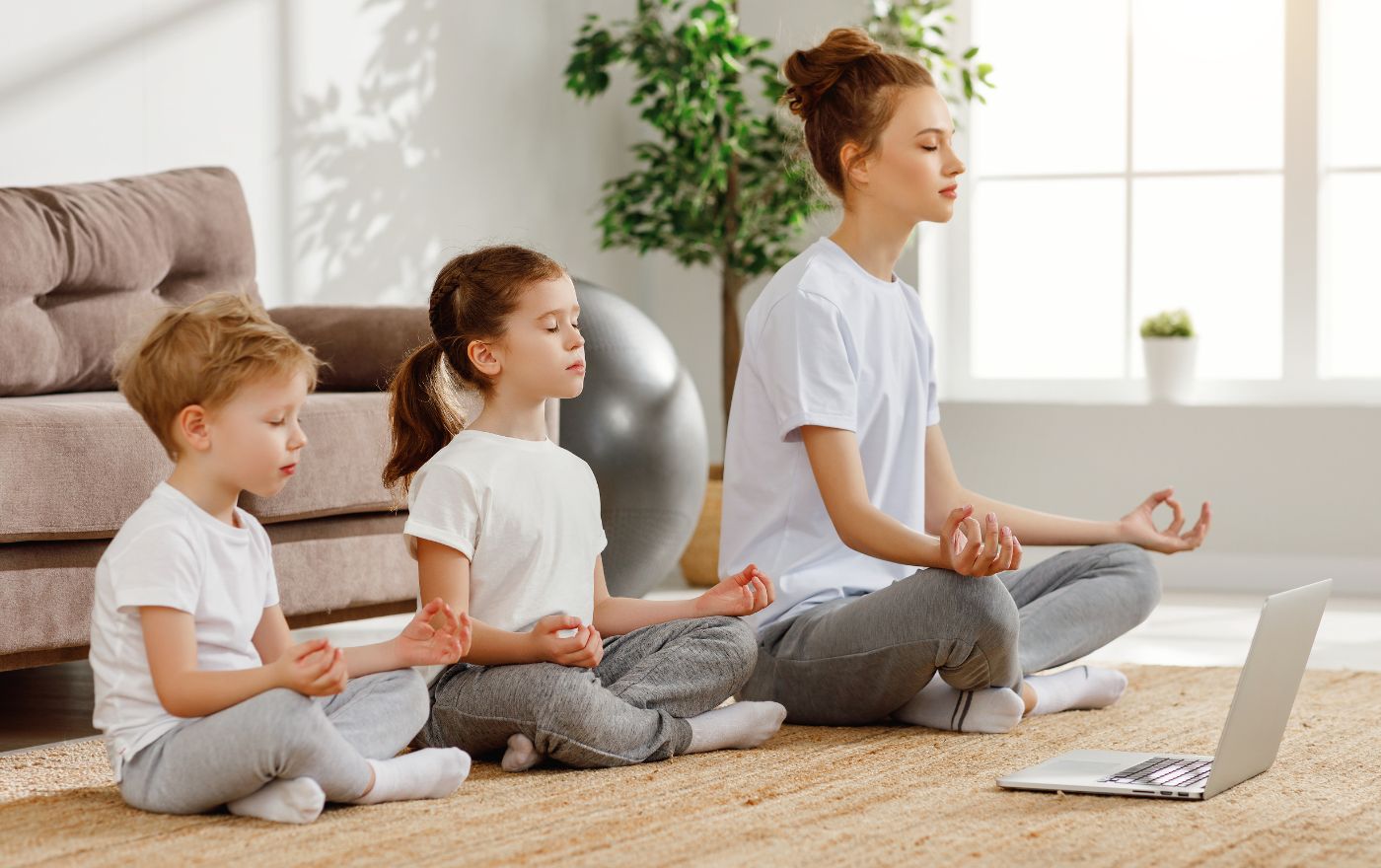
01 Sep Top 6 Ways to Help Your Child Decrease Their Impulsivity At Home
TOP 6 WAYS TO HELP YOUR CHILD DECREASE THEIR IMPULSIVITY AT HOME

Top 6 Ways to Decrease Impulsivity At Home
Impulsivity is acting without considering your actions and can lead to impulsive, inappropriate, or harmful behaviors. Impulsivity can appear in children with ADHD in various ways, such as interrupting people during discussions, answering questions before they are fully asked, or taking risks like racing into oncoming traffic or climbing too high. Children often struggle with impulsivity, especially those with Attention Deficit Hyperactivity Disorder (ADHD). Impulsive children frequently behave without thinking first and work to restrain their actions. Millions of children and people worldwide suffer from the neurodevelopmental illness known as ADHD (Attention et al. illness). Signs including impulsivity, hyperactivity, and inattentiveness characterize it. While impulsivity can be particularly difficult for those with ADHD, many people with ADHD suffer from all three symptoms.
A problem with executive functioning is one of the underlying causes of impulsivity in people with ADHD. A group of cognitive processes known as executive functioning allows us to organize, prioritize, and control our behavior. The brain’s prefrontal cortex, also the region most impacted by ADHD, controls these processes.
Students with ADHD often struggle with executive functioning, making it difficult to control their impulses. For example, they may have difficulty:
- Planning and organizing: Planning and organizing projects may be challenging for students with ADHD, making it difficult to divide jobs into smaller parts or prioritize tasks. As a result, they could feel overburdened and give up abruptly or get sidetracked by unrelated duties. Therefore, an ADHD planner can help them focus.
- Shifting focus: Students with ADHD may find it challenging to switch their focus from one subject to another, making it difficult to begin or finish assignments. They could, for instance, become hooked on one activity and find it difficult to go on to another, which could result in impulsive behavior like interrupting others or abandoning unfinished projects.
- Regulating emotions: Students with ADHD may struggle to control their emotions, which can result in impulsive behaviors or outbursts. For instance, when presented with a challenging task, they could get upset or furious and act impulsively by tossing things or shouting.
- Inhibiting impulses: Students with ADHD may have trouble controlling their impulses, which can result in inappropriate or hazardous behaviors. For instance, kids could rashly run into the street without looking both ways or seize a toy from another child.
As a parent, you can help your child decrease their impulsivity either by visiting an executive function coach or a therapist or at home by implementing the following strategies:
1. Create a structured routine
The impulsivity of kids with ADHD can be effectively reduced with a regulated routine. Due to their difficulties with impulse control and behavior regulation, children with ADHD frequently suffer from impulsivity. They could make snap decisions or struggle to finish jobs requiring constant focus and effort.
Parents may give their children a predictable and regular timetable by developing a disciplined routine. Children may feel that they have more control over their surroundings and behavior. Children are less likely to act impulsively or become distracted by outside stimuli when they know what to expect.

2. Break tasks into smaller steps.
Another successful method for lowering impulsivity in kids with ADHD is to break activities down into smaller, more manageable steps. Large chores may overwhelm children with ADHD, which might cause them to put themselves off, become distracted, or act impulsively.
Parents may help kids feel less overwhelmed and more in control of their responsibilities by dividing larger chores into smaller segments. Smaller goals are more manageable and require less prolonged focus and effort, which can help kids maintain their attention and curb impulsive behavior. Parents can divide a chore into smaller phases, such as picking up clothing, making the bed, and organizing toys, rather than expecting kids to tidy their entire room simultaneously. Children can feel satisfaction and progress by completing these modest tasks, which might encourage them to carry out the activity and prevent impulsive behavior.
Additionally, breaking down work into smaller sections might aid kids in developing critical executive functioning abilities, including organization, using a school planner, and time management. These abilities are necessary for controlling impulsivity and remaining focused. Children can better plan and organize their time and activities when they know exactly what is expected of them and when.
3. Use positive reinforcement
For youngsters with ADHD, positive reinforcement is a powerful technique for taming impulsivity. Giving praise or prizes for excellent behavior is known as positive reinforcement, and it can aid in a child’s self-control and decision-making.
For instance, parents might offer encouragement and praise when a kid completes a task without responding impulsively to reinforce the behavior. Children who get positive reinforcement over time may improve their executive functioning abilities, including impulse control, planning, and decision-making.
Positive reinforcement effectively teaches kids to link good behavior with favorable consequences. Dopamine, a neurotransmitter linked to motivation and pleasure, is released by children’s brains in response to praise or incentives for good behavior. This might motivate kids to keep making excellent decisions by making them feel good about their behavior.
It’s critical to be precise and consistent while using positive reinforcement. Parents should specify the behavior they wish to promote and offer praise or rewards as soon as the desired behavior is demonstrated. For instance, parents might provide particular credit, such as, “Great job staying focused and finishing your homework on time!” or a modest incentive, such as more playtime or a kid’s preferred snack, if a child completes their homework without acting impulsively.
4. Teach mindfulness and relaxation techniques.
Children with ADHD who exhibit impulsivity may benefit from mindfulness and relaxation practices. These methods entail assisting kids in being more self-aware and able to identify and control their emotions and impulses.
Deep breathing exercises, visualization, and progressive muscle relaxation are some mindfulness and relaxation methods that may assist in lessening impulsivity in kids with ADHD. Children can benefit from these methods by learning to unwind, concentrate, and become more conscious of their feelings and ideas.
Deep breathing exercises entail taking slow, deep breaths while concentrating on the breath’s physical sensations. Children may feel less restless or impulsive due to becoming more centered and grounded. Visualization entails focusing on the sensory aspects of a relaxing or serene location, such as a beach or a mountain. This helps calm kids down and lessen tension or worry, which might increase impulsivity.
Different muscle groups in the body are tensed and relaxed sequentially during progressive muscle relaxation. The development of higher body awareness and knowledge of physical sensations in the body might help kids become less impulsive in their actions and behaviors.
In addition to these strategies, mindfulness exercises like yoga or meditation can help kids with ADHD become less impulsive. Children who engage in these activities may become more self-aware, be able to concentrate better, and better manage their emotions.

5. Reduce distractions
ADHD children’s impulsivity can be decreased by decreasing distractions in the home environment. Children with ADHD may find it challenging to maintain attention on a task or activity, which makes them more likely to engage in impulsive behavior. They may also be quickly distracted by outside stimuli.
There are various things parents may take to lessen distractions. Making a calm, designated area for schoolwork and other chores that demand focus is one strategy. This might be a certain place in the house or room where the kid can concentrate without being interrupted by loud music or television.
Screen time may be a big source of distraction for kids with ADHD, so parents should minimize it. This could entail establishing precise guidelines for screen time and constantly applying them. Establishing defined routines and expectations for actions and behaviors is another strategy for decreasing distractions. For instance, parents may create a regular schedule for meals, schoolwork, and leisure time and inform their children in advance of their expectations. For children with ADHD, this can help lessen uncertainty and enhance predictability.
To lessen outside distractions and help their child focus, parents may also think about utilizing technologies like white noise generators or noise-canceling headphones.
6. Use visual aids
Children with ADHD who are impulsive may benefit from using visual aids to curb their behavior. Executive functioning abilities, such as planning and organization, are frequently lacking in children with ADHD, which can result in impulsive behavior. Visual aids may assist these abilities and provide kids with a clear, practical means to control their behavior.
A checklist is one popular kind of visual help. Larger activities may be divided into simpler, more manageable phases using lists. A youngster may, for instance, have a checklist for getting ready for school in the morning that includes activities like brushing teeth, dressing, and packing a bag. The kid may stay on task and avoid hastily rushing through the morning ritual by following the checklist.
For kids with ADHD, calendars can also be a useful visual assistance. Children can better understand time management and organization by utilizing a calendar to keep track of important events and deadlines. Giving kids a clear knowledge of what they must accomplish and when they must do it might help decrease impulsivity.
Additionally useful in lowering impulsivity are reminder notes. Notes can be used by parents, teachers, or other adults to remind kids of crucial actions or behaviors throughout the day. For instance, a message on a child’s desk may advise them to focus in class or to get up and stretch every hour.
Using visual aids, parents and educators can assist in developing children with ADHD’s executive functioning skills, eventually improving their capacity to control their behavior and lessen impulsivity. Additionally, these resources can give kids a sense of empowerment and self-assurance that can help them do better at school and home.
Over time, parents may assist their children with ADHD to improve their executive functioning abilities and lessen impulsivity by employing these techniques. It is crucial to remember that these techniques require time and repetition to be successful, so parents should be understanding and encouraging as their children try to acquire these abilities.
Check Our Our Other Blogs:
Craig Selinger
Latest posts by Craig Selinger (see all)
- Psychotherapy and Support Services at Cope With School NYC - April 12, 2024
- NYC Parents of Teens Support Group - April 8, 2024
- Here I Am, I Am Me: An Illustrated Guide to Mental Health - April 4, 2024


No Comments